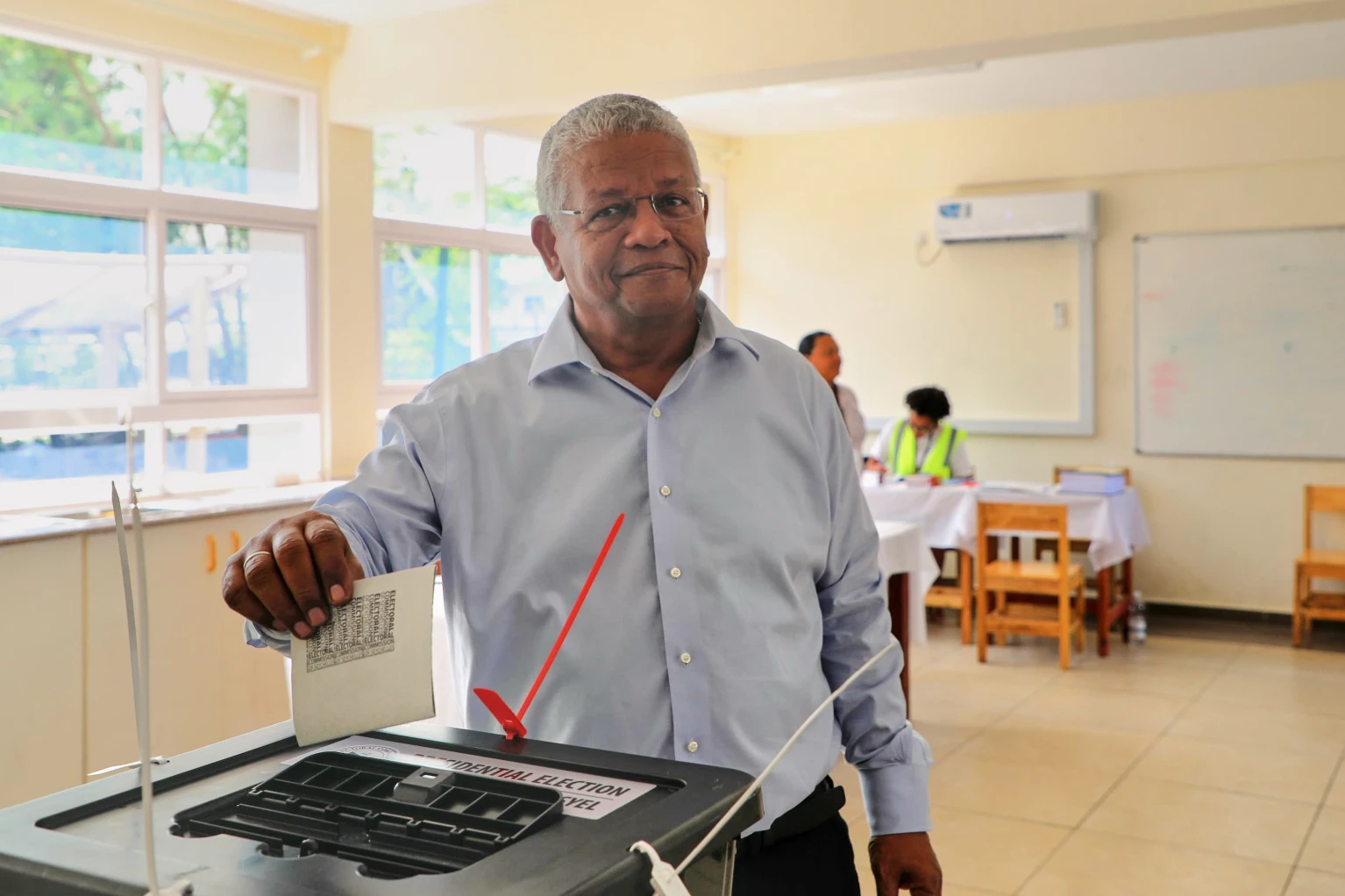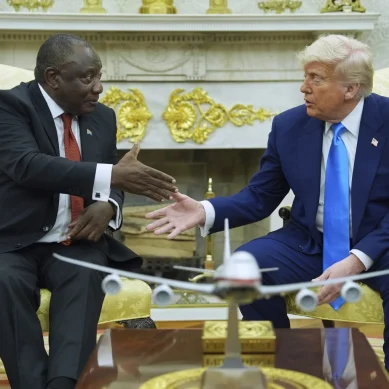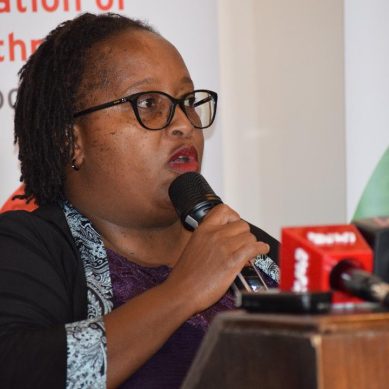South Sudan peace crumbles as world’s youngest nation prepares for another round of bloody war
Speaking to reporters, civilians in both South Sudan and Ethiopia alleged the national army – currently backed by Ugandan forces – has used incendiary weapons in attacks and described dire conditions in displacement camps.
How ‘big belly’ is fast changing from a symbol of wealth to a sign of ‘early grave’ in Africa
In South Africa, obesity-related deaths due to non-communicable diseases have surpassed HIV-related deaths, according to the WHO. The 2025 World Obesity Atlas said 32 per cent of South Africa’s adults are obese.
African sees last vestiges of colonialism as UK surrenders Chagos Islands in Indian Ocean to Mauritius in a deal that protects key US base
Prime Minister Keir Starmer said that base, operated by US forces, is crucial for British counterterrorism and intelligence and is “right at the foundation of our safety and security at home.”
Fire experts in Kenya told wildfires are not necessarily bad if indigenous knowledge is fused in their management
Chege observed that fire, from an ecological and social perspective, holds significant benefits right from controlling pests and improving soil quality to regenerating fresh vegetation for grazing. However, he lamented that Kenya’s current fire management approach remains largely reactive, with most responses coming after wildfires have already caused damage.
Pfizer, Moderna ordered to add stronger warnings about possible heart damage from Covid vaccines
The FDA issued the letters the same day the US Senate’s Permanent Subcommittee on Investigations issued a report showing that public health officials under the Biden administration failed to warn the public of the myocarditis risk associated with Covid-19 vaccines and actively downplayed that risk.
In pillorying Trump’s binder to raw racism South Africa discarded, Afrikaners in US are a symbol of what South Africa no longer wants to be
A group of white descendants of Dutch settlers to South Africa landed at Washington Dulles International Airport last week, part of a new Trump administration programme aimed at “Afrikaners in South Africa who are victims of unjust racial discrimination.” The group, Trump officials claimed, were fleeing “white genocide.” On social...
Senate report exposes how federal health officials ‘downplayed’ Covid vaccine risks, failed to warn public
The study documented that as early as February 19, 2021, the Vaccine Adverse Event Reporting System (VAERS) co-managed by the CDC and the US Food and Drug Administration (FDA), showed a strong, statistically significant vaccine adverse event “signal” for myocarditis in males 8-21 years of age. Yet the CDC waited until late May 2021 to alert the public.
No skill, no style: Rhapsodic Generation Z is losing handwriting art that’s been in use for 5,500 years
Digital technology has gradually transformed the way we communicate, making handwriting less and less common. From instant messaging platforms to social networks, young people prefer quick exchanges and abbreviations.
As Trump alleges ‘genocide’ in South Africa, Afrikaner farmers at an agricultural fair scoff at the claim
The late President Nelson Mandela – South Africa’s first Black leader – stood in Bothaville over a quarter-century ago and acknowledged the increasing violent attacks on farmers in the first years following the decades-long racial system of apartheid.
Food safety activists in Kenya pile pressure on state to make public list of banned pesticides
The NGOs noted there had been inaction in the implementation of past regulations on toxic pesticides control which they blamed on lack of proper enforcement policies and invested commercial interests.














